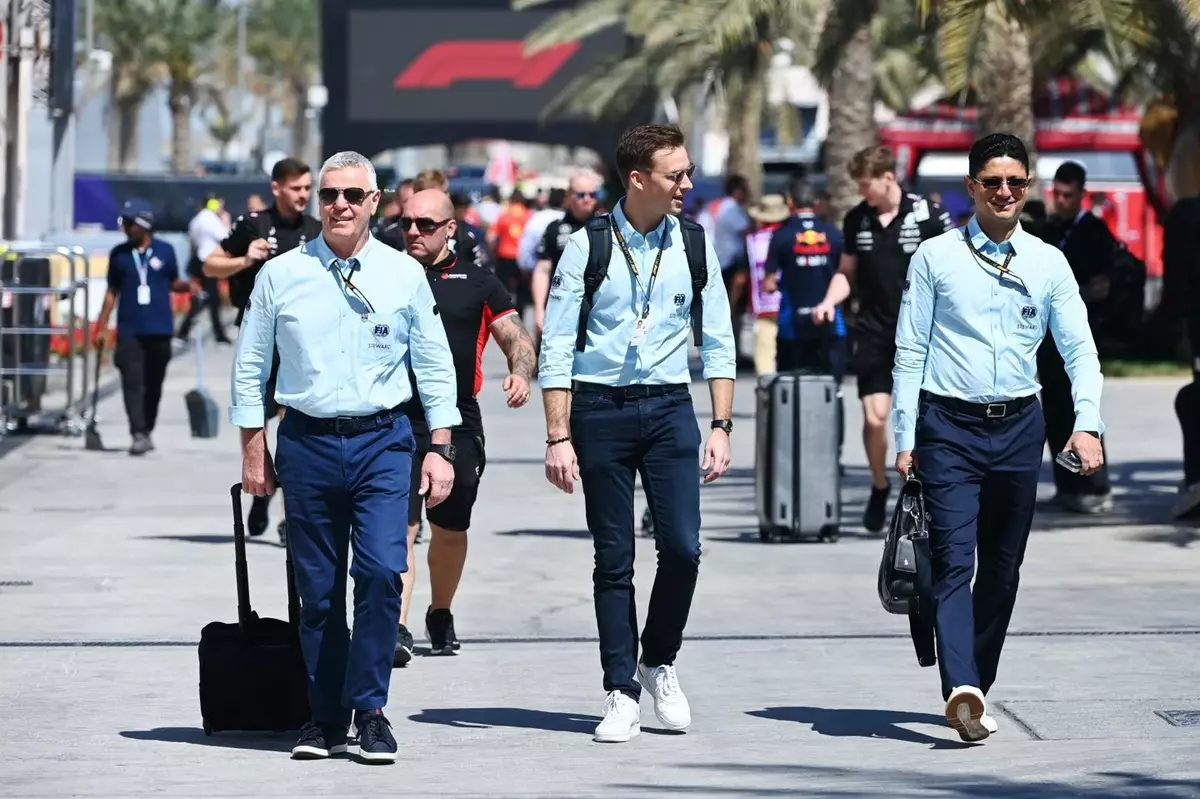Formula 1, a sport synonymous with speed and precision, has always been a battleground not only for drivers but also for the complex systems that govern it. As the 2025 season approaches, significant changes have been proposed to the stewarding structure—most notably the increase in the number of stewards at certain high-stress events. This article will explore the implications of this adjustment, address the controversies surrounding stewarding in the sport, and examine whether these changes genuinely improve race oversight.
Historically, F1 races have featured a panel of three stewards—comprised of one former racer and two officials designated by the national authority overseeing the event. This configuration has been viewed as a balanced approach, allowing for insight from someone who has competed in the sport while relying on experienced officials to make judicious decisions on race incidents. However, the FIA has recognized that certain tracks, known for their high workload due to complex layouts and competitive tensions, require more extensive oversight.
As a result, the stewarding panels will expand to four officials at select events deemed critical based on data reflecting the challenges presented by these races. This modification aligns with the FIA’s commitment to maintaining the integrity of the racing experience. By bolstering the number of stewards, the FIA aims to distribute responsibilities more effectively, allowing one steward to focus on initial incident assessments while leaving final decisions to the entire panel.
The Selected Tracks and Their Significance
The FIA has identified six key races for the expanded stewarding panel: Australia, China, Canada, Singapore, Mexico, and Brazil. These locations have historically provided varying degrees of challenge and unpredictability, such as changing weather conditions, tight racing margins, and the potential for high-profile incidents. By deploying an additional steward at these events, the FIA is attempting to ensure that incidents are evaluated thoroughly and judiciously, preventing any potential oversight that could lead to controversy or dissatisfaction within the teams and among fans.
Ultimately, whether this revised structure will yield greater fairness in race officiating remains to be seen. While additional resources can enhance oversight, the onus will still lie on the officials to exercise sound judgment under pressure. The prospect of splitting responsibilities may prevent burnout and improve the quality of decisions made during a race, yet it also introduces the question of consistency across different panels—a concern that has haunted stewarding discussions in the past.
Despite the proposed enhancements, stewarding in Formula 1 remains a hot-button issue. The use of unpaid volunteers has long been criticized, especially given the intense scrutiny and responsibility placed upon them during races. While these stewards receive travel expenses, the lack of remuneration raises ethical questions about their capacity to manage complex incidents effectively. FIA President Mohammed Ben Sulayem has indicated a willingness to consider permanent stewards for improved consistency, yet funding such a panel remains a challenge.
Notably, the comments from figures like McLaren’s Zak Brown highlight the desire for teams to contribute to the stewarding costs to enhance the sport’s integrity. Team involvement in stewarding financing could foster a more professional environment and potentially lead to a reduced conflict of interest wherein decisions could come under less scrutiny from the teams involved.
As Formula 1 gears up for its 2025 season, the changes to stewarding panels reflect a broader recognition of the challenges faced in officiating this high-stakes sport. While increasing the number of stewards at select events is a strategic step toward addressing these challenges, it is essential for the FIA to ensure that the autonomy and authority of each steward remain intact to uphold the integrity of their decisions.
The question of whether changes in the stewarding setup—especially regarding compensation and staffing—will yield long-term benefits remains speculative. Ultimately, the effectiveness of the changes will be judged not just on their structural integrity but on the quality of decisions made and the trust they inspire within teams and fans alike. The evolution of stewarding practices in Formula 1 is a reflection of the sport’s complexities and its ongoing commitment to improvement, paving the way for a more equitable and fair racing environment.


Leave a Reply